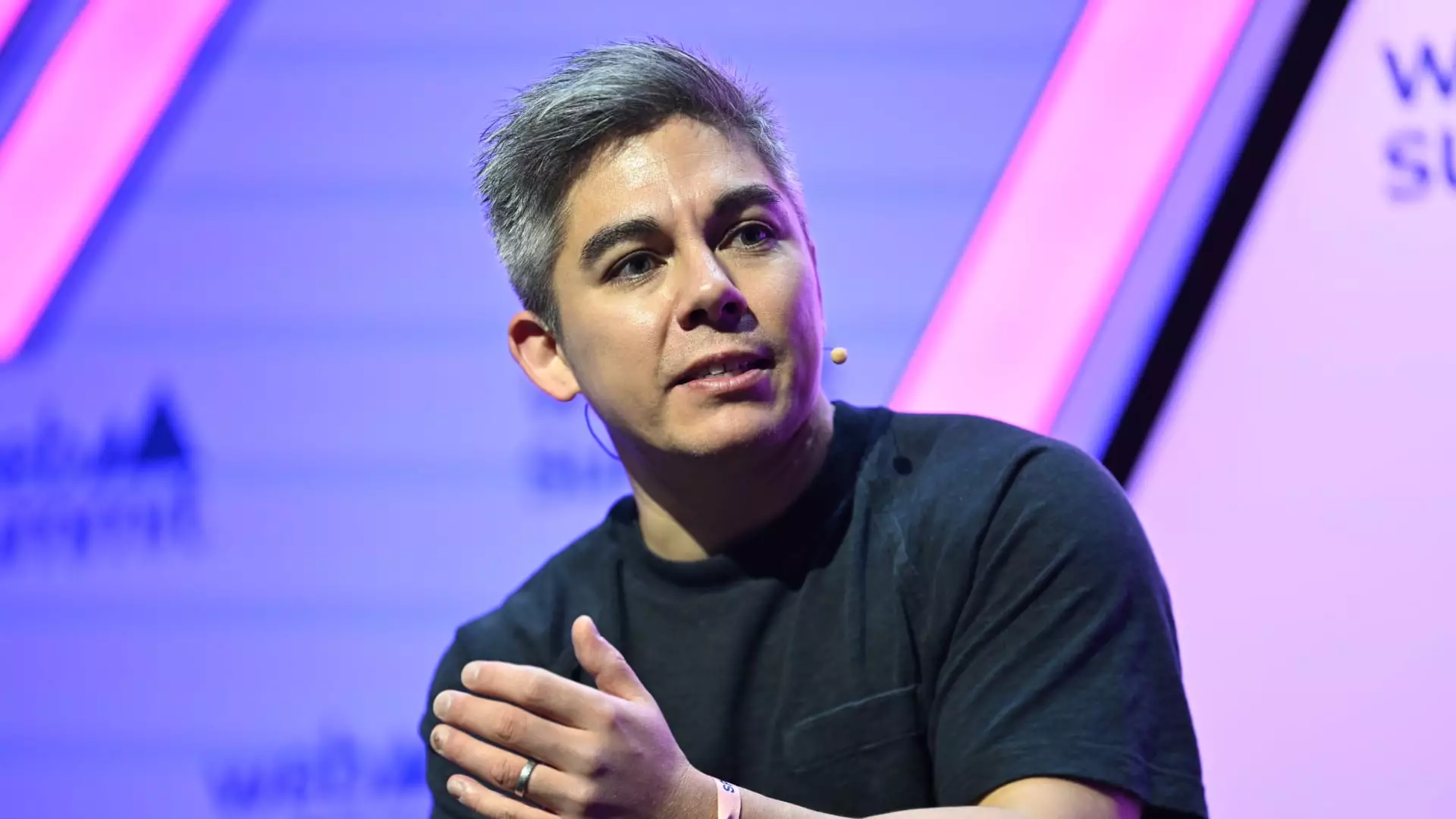The financial technology industry is currently undergoing a phase of significant reflection and cautious planning around the potential for initial public offerings (IPOs). While some firms like Klarna have publicly initiated the IPO process, many others remain hesitant, preferring to focus on strengthening their business fundamentals rather than rushing into the public market. This article delves into the current IPO landscape in the fintech sector, drawing insights from key figures in the industry and examining broader market trends.
Last week, the Swedish buy-now-pay-later giant Klarna made a pivotal move by filing for a confidential IPO in the U.S., which immediately sparked discussions across fintech circles. The anticipation surrounding this development is palpable, leading many stakeholders to speculate whether this signals a broader revival for fintech IPOs. Nonetheless, uncertainty looms over the timeline of Klarna’s IPO, with unresolved questions about pricing and share allocation hanging in the balance. This ambiguity casts a shadow on the enthusiasm surrounding the move; founders of various fintech startups remain guarded, opting to take it slow rather than jumping headfirst into an unpredictable market. Beyond just momentum, the ramifications of Klarna’s decision may serve as a harbinger of market stabilization—or continued turbulence.
Amid this backdrop, leaders from prominent fintech companies emphasize the importance of continued focus on operational excellence. Hiroki Takeuchi, CEO of GoCardless, is among those advocating for a ‘wait and see’ approach, suggesting that his company is not ready to pursue an IPO. He highlighted that building a resilient business should take precedence over the public listing, stating, “We need to be focused on building a better business,” firmly suggesting that long-term goals should drive immediate actions. His comments echo a growing sentiment within the fintech sector; the journey of growth should not be overshadowed by the allure of a public listing.
Uncertainties surrounding the IPO landscape have led many fintech companies to adopt a wait-and-watch stance. Lucy Liu, co-founder of Airwallex, resonated with this sentiment, sharing that her firm is also not in a position to initiate an IPO. “Every company is different,” she remarked, indicating that unique circumstances dictate each company’s readiness for public entry. Airwallex’s ambition is to perfect its offerings in global cross-border payments, signaling a clear shift in priorities that aims for strategic enhancement over immediate public attention.
With IPOs in the fintech space being of high interest, market analysts are cautiously optimistic. Navina Rajan from PitchBook points out that macroeconomic factors are aligning favorably, suggesting that there may be a more welcoming environment for IPOs soon. However, she also warned of unpredictability: “It will be interesting to see the timing of the IPO and also the valuation.” This acknowledgment of the unknown serves as a reminder that while conditions may appear favorable, the market is inherently volatile.
The current environment indicates a significant shift in where fintech companies prefer to build their operations and expand their reach. Jaidev Janardana, CEO of British digital bank Zopa, candidly stated that an IPO is not at the forefront of his company’s agenda. His assertion that “private markets are currently still the most accommodative place” taps into a growing trend in the industry. As the fintech sector navigates through choppy waters, the stability and support that private investors offer play a crucial role in helping firms foster innovation and sustainable growth.
Janardana cautiously observed that while Europe may remain closed off to IPOs in the near term, signs suggest a possible resurgence around 2025. Such insights could shape the strategies of many fintech ventures as they build their businesses, aligning their roadmaps with projected market conditions.
As the fintech sector stands on the edge of a pivotal moment, stakeholders are aptly aware of the need for strategic patience. The blend of optimism surrounding IPO viability and the acknowledgment of potential pitfalls creates a landscape marked by careful navigation. Through continued investment in core capabilities and maintaining a focus on growth, fintech companies are likely to carve out a pathway that not only prepares them for the public domain but also robustly positions them for enduring success in an ever-evolving economic landscape.
While the eagerness for IPOs remains, the mantra among fintech leaders is clear: prioritize building valuable businesses over racing to the public market. The journey may be long, but the rewards could be substantial for those who remain steadfast in their mission.

